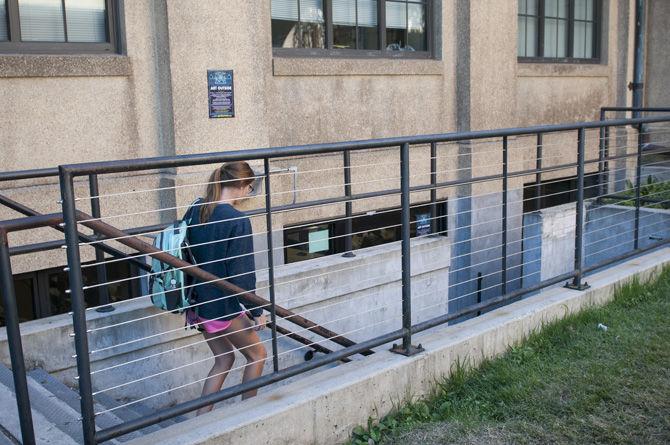Everyone inevitably crams for tests. Despite its harmful effects, many students study the night before an exam to absorb as much information as possible. While this technique could be chalked up to a student’s sloppiness or laziness, this is often not the case. Students have to deal with their own personal lives, jobs and classes. Time is worth its weight in gold, and students are forced to allocate their study hours to fulfill immediate deadlines as opposed to tests weeks down the line.
A survey taken at Indiana University of Pennsylvania showed 99 percent of the students studied by cramming. There is a reason so many students admit to cramming in undergraduate studies. With most midterm exams scheduled within the same one week, there is no feasible way for students to fully prepare. Teachers suggest to those in class that the best solution is to study for an hour each day before the exam. In an ideal world, this method would work perfectly. Unfortunately, when you come home from work at 9 p.m. with a paper due the next day, spending an hour to study some random general education class hardly registers as a high priority. It is not laziness but a survival instinct.
With cramming comes its dangers. Many decide to exchange sleep for hours of studying, leading to several harmful effects. This trade deprives their bodies of necessary functions that only occur during sleep, including memory retention. Therefore, not only do students feel terrible after pulling an all-nighter, but the act inevitably proves futile as they perform poorly on basic memory tasks. In addition, midterm week becomes sick week for many students. Lack of sleep plus high levels of stress equal the perfect recipe for a cold, meaning midterms
affect students on a physical
level as well as mental.
The situation is even worse when two tests are scheduled for the same day. Exams are not paltry. These massive assignments can count for up to 45 percent of some students’ grades. Having to prepare for multiple exams of this caliber denies students the ability to treat them with appropriate gravitas. A student could spend half the school year participating and working hard only to be set irreparably behind with a poor test score. Even with participating in class, a great amount of studying is required to perform well on many exams. While grades do not mean everything, they do affect your scholarships, enrollment and future careers. In other words, they do mean a lot.
However, this predicament can be avoided, or at least minimized, by changing the basic structure of scheduling exams. Instead of teachers dictating the one and only day of an exam, students should be given the option to schedule their own tests within the week. This ability would not only allow students to prioritize studying and plan accordingly, but it would also avoid the misfortune of having multiple grade-affecting exams on the same day. While this structure would be more complicated, a lot of tears, sleep and grades would be saved in the process.
Ethan Gilberti is a 19-year-old English sophomore from New Orleans, Louisiana.





